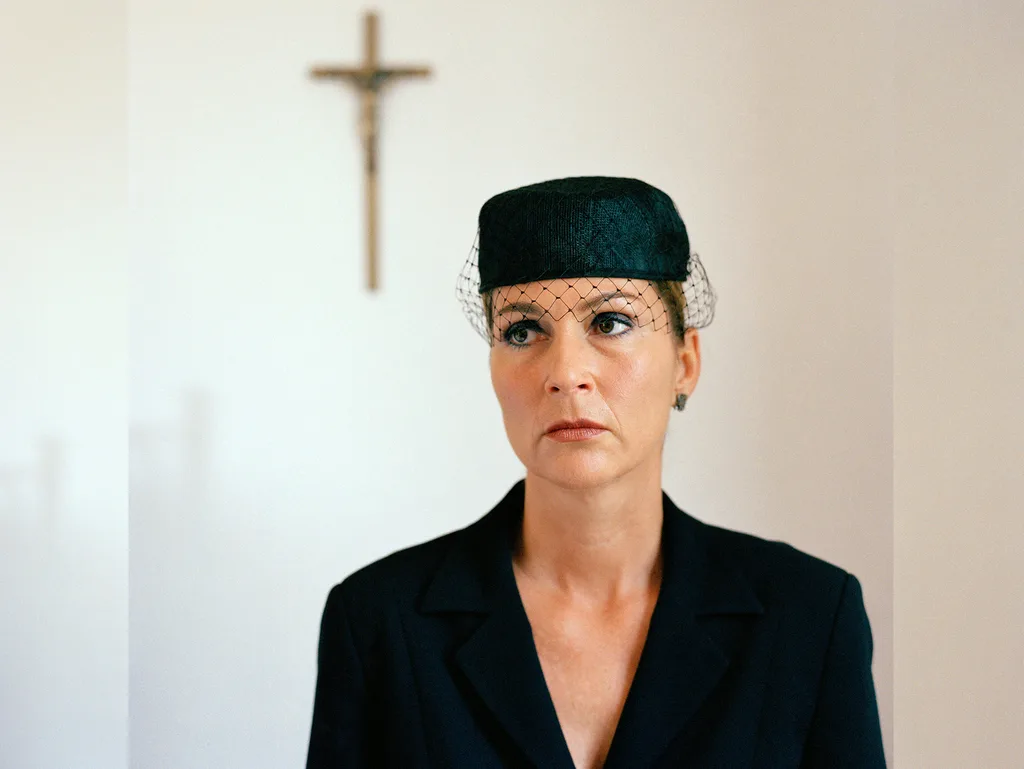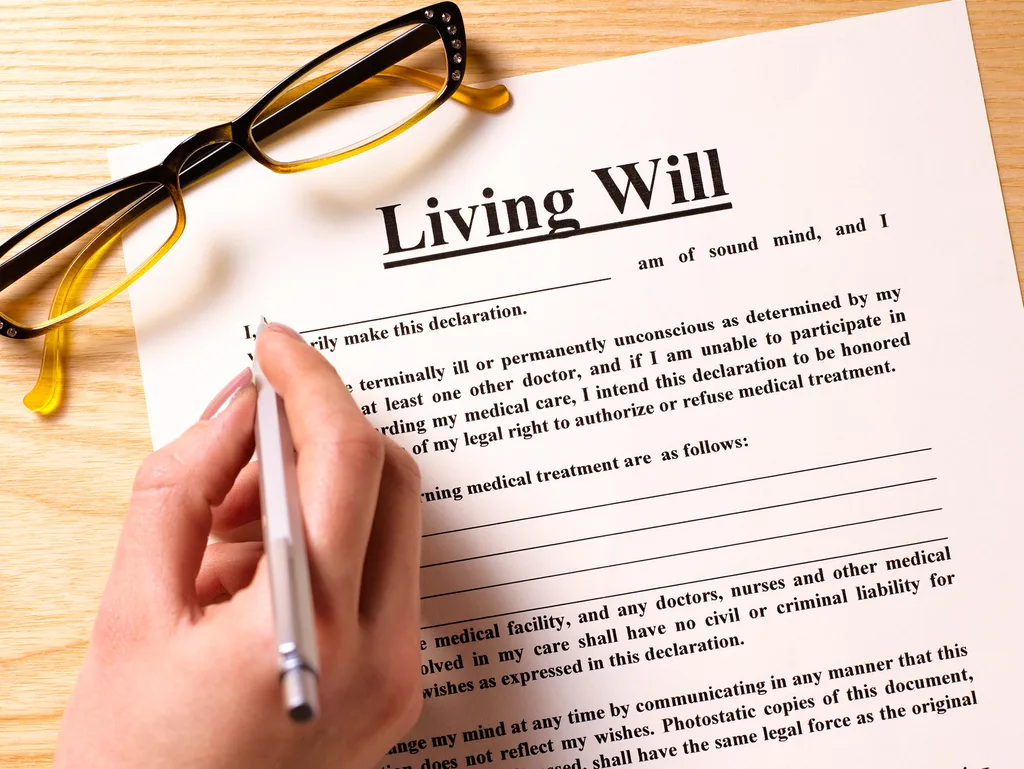As the saying goes, nothing’s certain except death and taxes. While there’s not much choice in the matter when your accountant reveals your tax bill, end-of-life dealings are far more flexible.
How you choose to live out your twilight years – and what happens to your estate after you go – is entirely up to you, says Cristean Yazbeck from Hamilton Blackstone Lawyers.
“Unlike a will, which only comes into effect once you pass away, estate planning encompasses decisions about what you want for your own lifestyle and medical care should you be in a situation where you can no longer make those decisions for yourself,” he says.
Why it matters
Currently, about half of all Australians die intestate (without a will), which leaves their estates open to claims and family disputes as the law has to determine how the assets are distributed.
While every adult should consider estate planning, experts say it’s vital for women aged 50-plus.
“Statistics tell us that women shoulder a disproportionate share of a family’s financial burden: they’re taking care of children and elderly parents; they’re earning less than their male counterparts; they’re living longer; and are most at risk of being subjected to financial abuse,” Cristean says.
It pays to have a plan tailored to take these challenges into account.
“Estate planning puts proper arrangements in place that can give you and your loved one’s peace of mind,” he explains.

Know the difference
Two documents require special attention when planning your estate, says Melanie Lewis from Victoria’s public trustee, State Trustees.
“A will documents what you want to happen to your assets after you pass away, and helps ensure that the right people benefit from your estate,” she says.
“Powers of Attorney is a legal document, which lets you appoint a trusted person or organisation to make important financial decisions for you, which is why it’s critical to prepare this while you’re still healthy, aware and able to make major decisions.”
Other directives you may want to look into include an Enduring Guardian form, which allows you to legally appoint someone to make health and lifestyle-related decisions on your behalf should you lose the capacity to do so.
Making a start
The first thing you should do is conduct a financial health check-up – taking into account what your wishes towards the end of your life are, and who you would like to benefit from your estate.
“Compile a list of both your physical and financial assets, identify any debts, then think about your online accounts, such as online banking, social media accounts and how you can ensure your interests in the digital world are safeguarded,” Melanie says.
Next, you’ll need to decide what you’d like done with your personal possessions, especially valuable and sentimental items.
Keep up-to-date
If you already have a will, pause to consider what’s changed in your life since you last signed on the dotted line.
Cristean says it’s worth reviewing important paperwork every two to three years, or whenever any life-changing events (such as divorce, selling a property, death of a spouse or birth of grandchildren) occur.
Also, put to rest any fears that making advance preparations may leave you vulnerable to financial claims.
“Your Power of Attorney, for example, is not allowed to benefit personally from your estate unless you specify that in your documents,” Cristean says.
“What you’re doing is simply thinking about and spelling out what limits you’d like to put around what your loved ones can and can’t-do where your care and assets are concerned.”

Ask the right questions
It’s essential to consider how you’d like to spend your final years.
Who would you like to make decisions on your behalf, and when should that authority begin?
Would you prefer to live at home or in a healthcare facility with 24-hour nursing services?
Where do you draw the line with your medical care? Are there any procedures you’d prefer not to have?
Also, if you want a funeral, think about making suitable arrangements and record these, too.
-Do you want a solemn send-off at your church or a light-hearted outdoor service?
“Have these conversations with your loved ones, but be sure to get your wishes in writing,” Cristean says.
Recording your wishes
How you choose to prepare your Will and Powers of Attorney is up to you. A state Public Trustee office (publictrusteesaustralia.com) can help, or you might like to order a DIY will kit online – just keep in mind that complex business dealings and complicated family dynamics may require a more robust treatment.
“Estate disputes occur frequently, and a large number of these happen over will kits because they’re not detailed enough to make your wishes clear,” Cristean says.
Another option is engaging an estate planning specialist to advise on your circumstances and then draw up the appropriate legal documents. The
cost could run into the thousands, but it could be a smart investment.
“At a time when property prices are increasing and belts are getting tighter, the number of family members trying to make a claim on others’ estates is extraordinary,” he advises. “You need to look at estate planning as a way of protecting the amazing life you’ve led and shaping the life you want to lead later.”


